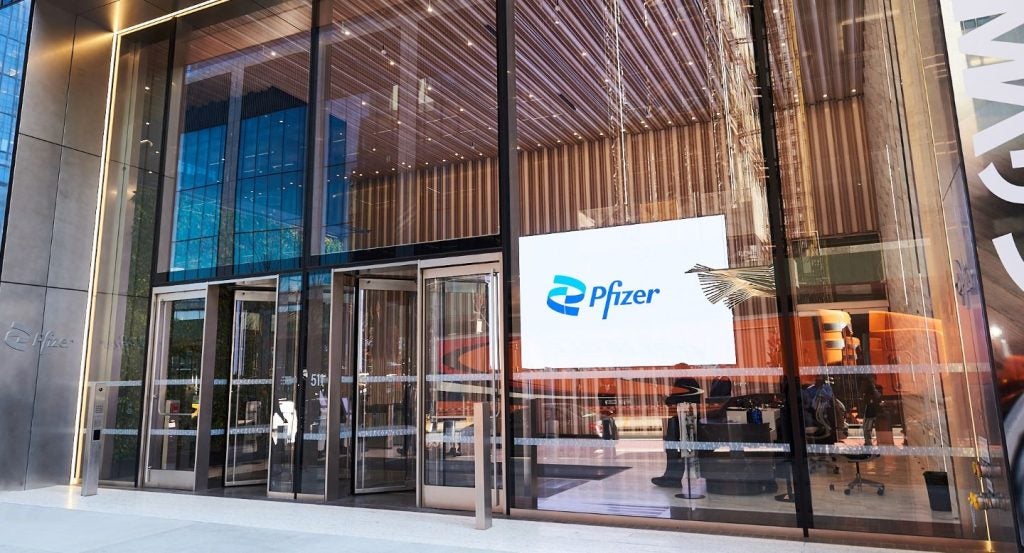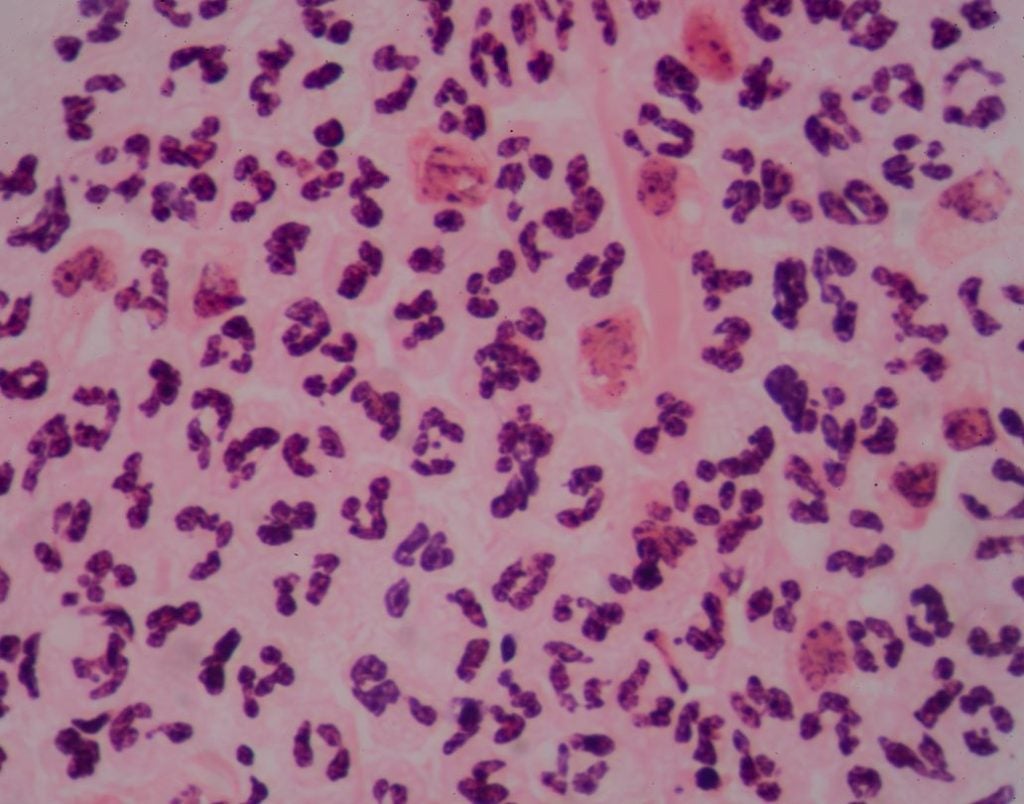The Phase III trial investigating the combination treatment of Exelixis and Ipsen’s Cabometyx (cabozantinib) and Roche’s Tecentriq (atezolizumab) as a second line of therapy in metastatic castration-resistant prostate cancer (mCRPC) and measurable soft tissue disease patients has met one of its primary endpoints.
Exelixis is planning to file for regulatory approval with the US Food and Drug Administration (FDA) and present full trial data at future scientific conferences.
Cabometyx is a tyrosine kinase inhibitor, which has been approved as second-line treatment for hepatocellular carcinoma and first-line therapy as a combination treatment with Bristol Myers Squibb’s Opdivo (nivolumab) in advanced renal cell carcinoma (RCC).
Cabometyx’s developmental and marketing rights are shared by three companies in specific regions. Exelixis retains these rights in the US, Takeda has exclusive rights in Japan, and Ipsen holds these rights globally except in US and Japan.
CRPC is a type of prostate cancer that extends beyond the prostate and does not respond to standard androgen-suppressant treatment. Prostate cancer is the second most common type of cancer in men, as per the World Cancer Research Fund.
The multicentre, open-label Phase III trial (NCT04446117) compared the Cabometyx and Tecentriq combination with active comparators, either Pfizer’s Xtandi (enzalutamide) or a combination treatment of abiraterone and prednisone. The trial met its primary endpoint of progression-free survival, but the threshold for the second primary endpoint of overall survival has not yet been reached.
The companies plan to conduct overall survival at the next planned date. Ipsen’s executive VP Howard Mayer stated: “These results represent the first positive Phase III data of its kind for a tyrosine kinase inhibitor and immunotherapy combination in [mCRPC] indication.”
The Cabometyx and Tecentriq combination treatment is being investigated in two other cancer indications, namely non-small cell lung cancer (NSCLC), and renal cell carcinoma (RCC), as part of a research agreement between Exelixis and Roche. As per the agreement, both companies are responsible for funding these trials.
Note: The second paragraph has been updated to reflect that Exelixis is the sole entity pursuing regulatory approval in the US.














